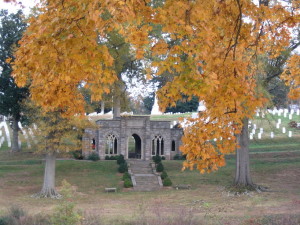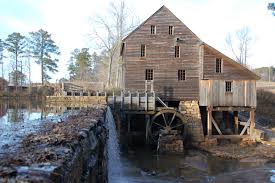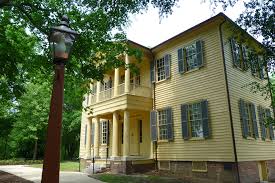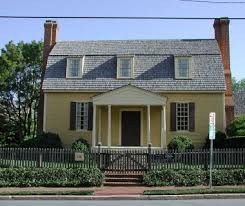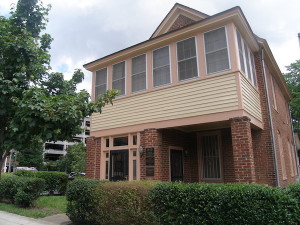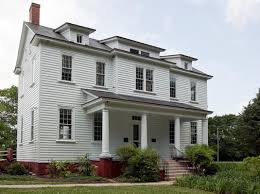Since its inception in 1792, Raleigh has been a center for the history of North Carolina. Many of the historic places in Raleigh have remained standing for a good part of Raleigh’s history and can be visited and toured today. If you and your family are looking for an educational and historic experience, here are a few places you shouldn’t miss out on seeing.
Oakwood Cemetery
701 Oakwood Ave.
http://historicoakwoodcemetery.org/Events_List.asp
Spanning 102 acres in the historic Oakwood neighborhood, Oakwood Cemetery was originally opened almost 150 years ago as a place to bury fallen Confederate soldiers during the Civil War. Two years after its opening, it was transformed into the community cemetery it is today. A beautiful location steeped in the history of Raleigh, it is the perfect place for a relaxing stroll. If you are interested in learning more of the history behind some of the grave sites and people buried there, tours are offered a couple of days per month. Check the Oakwood Cemetery website for more details on dates and times.
Yates Mill County Park
4620 Lake Wheeler Rd.
http://www.yatesmill.org/mill-tours/
Yates Mill is the last mill standing in Wake County. Built in 1750, it was used to grind corn until 1953. The Yates family owned the property and operated the mill from 1863 to 1947. It was later restored in 1989 for its current purpose as an historical landmark. The site now contains not only the functional mill, but also 574 acres of land to explore. A variety of tours are available to the public. More information about dates, times, and prices can be found on the Yates Mill website.
Mordecai Historic Park
1 Mimosa St.
https://www.visitnc.com/listing/mordecai-historic-park
Named for Moses Mordecai, who married into the Lane family, a major founding family of Raleigh, the Mordecai house is a testament to the plantation lifestyle. The home was occupied by the family until 1967 and is now the oldest home in Raleigh still standing on its original foundation. Moses’ son Henry was both a farmer and heavily involved in the State Legislature. The Mordecai family’s generous donations and sales of land in the downtown Raleigh area helped to create a number of areas still in existence, including Oakwood (formerly known as Mordecai Grove), which became Raleigh’s first registered neighborhood.
Joel Lane Museum House
160 S. St. Mary’s St.
http://www.joellane.org/joellane/visitor_info
Colonel Joel Lane, also known as the “Father of Raleigh,” was incredibly involved in the creation and government of both Wake County and the City of Raleigh. He was also a member of the very first Board of Trustees for the University of North Carolina until he died in 1795. His home and gardens were restored to their former glory and entered into the National Register of historic Places in 1970. Tours can be taken of the grounds and the home of Joel Lane; more information is available on the location’s website.
Pope House Museum
511 S. Wilmington St.
https://www.raleighnc.gov/parks/content/PRecRecreation/Articles/HRMPope.html
The Pope House is the last remaining home from a once thriving African-American neighborhood in Raleigh during the early 20th century. Dr. Manassas Thomas Pope was a doctor who graduated from Shaw University in 1885 and served in the Spanish-American War before setting up his practice on Fayetteville St. Dr. M. T. Pope even ran for public office in the midst of the Jim Crow Era. The home has been restored with artifacts from the family and is available for tours every Saturday.
Spring Hill House
705 Barbour Dr.
https://www.visitnc.com/listing/spring-hill-house
Located on the Dorothea Dix Hospital campus, the Spring Hill House was once part of a large plantation owned by Colonel Theophilus Hunter, a colonel in the colonial militia and one of the early leaders of Wake County, serving as Judge of the Court of Pleas and Quarter Sessions in 1771. His grave, located near the house, is the oldest marked grave in Wake County. Dorothea Dix hospital staff occupied the house for 66 years while the hospital was in use. The home is open 8 am to 5 pm year-round.

